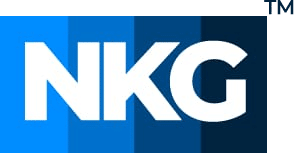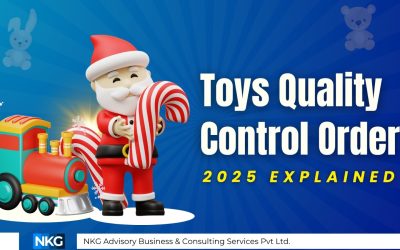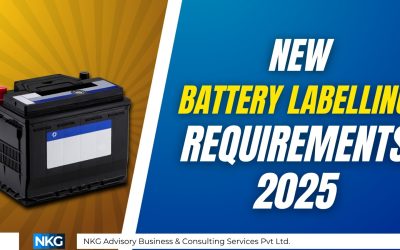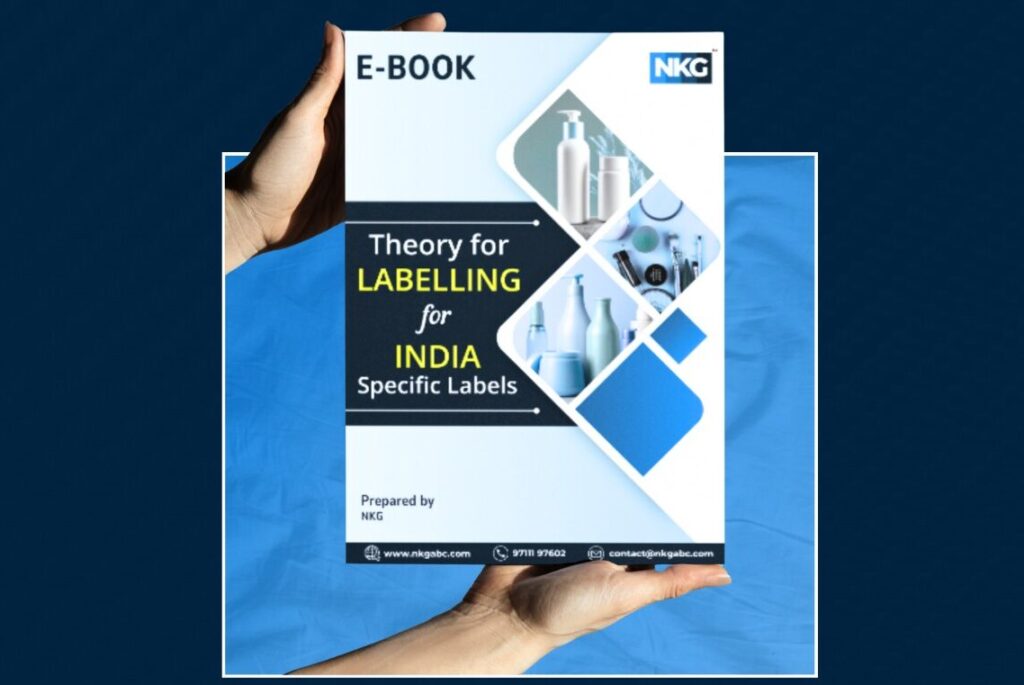Introduction
If you’re manufacturing or importing slicing machines in India, you’re already past the first compliance deadline. As of March 17, 2025, medium and large enterprises must have BIS certification to legally sell electric slicing machines under the Quality Control Order (QCO) issued by the Bureau of Indian Standards (BIS).
If you missed the March deadline, it’s critical to take immediate action to avoid legal penalties and market restrictions. And if you’re a small or micro-enterprise, the clock is ticking — your compliance deadlines are right around the corner. This is your chance to catch up and get certified before it’s too late.
Why BIS Certification for Slicing Machines is Important
1. Safety Comes First
Slicing machines may seem harmless, but they involve moving blades, electric currents, and heating components — all of which can pose risks if the machine is poorly built or improperly insulated. BIS certification ensures that the slicing machines are designed and manufactured following strict safety protocols, protecting both the end user and the operator in industrial settings.
2. Legal Mandate You Can’t Ignore
BIS certification isn’t just a recommendation — it’s a legal mandate. If your slicing machines are not certified under the BIS scheme, you are not permitted to sell them in India. Non-compliance after the set deadlines is considered a violation of Indian law, which can result in product seizures, fines, or a complete sales ban.
3. Consumer Trust Is Earned
Today’s consumers are more aware and cautious. They seek quality assurance and transparency. When your product features the ISI mark, it communicates to the buyer that your slicing machine has been tested and approved for safety and performance. That simple mark can give you an edge in a competitive market, especially for commercial buyers and institutions.
4. Market Access
Selling slicing machines in India without BIS certification is not an option. Certification opens the gates to both online and offline retail channels, institutional sales, and even export opportunities to countries where Indian certifications are recognized. The Indian market is growing, especially in the food processing and hospitality sectors—don’t miss out due to non-compliance.
5. Streamlined Production and Quality
The BIS process doesn’t just end after issuing a certificate. The certification includes routine inspections, surveillance, and audits that push manufacturers to maintain consistent quality. This reduces the likelihood of recalls and failures, which are both expensive and reputation-damaging.
Applicable Indian Standard for Slicing Machines
| Product Name | Electric Slicing Machines |
| Applicable Indian Standard | IS 302 (Part 1): 2008 |
| Applicable Certification Scheme | Product Certification Scheme (ISI Mark Scheme) Scheme 1 – Schedule 2 |
| Compliance Requirement | Mandatory |
| QCO Link | Quality Control Order |
| Scope as per Standard | This standard covers the requirements for Electric Slicing Machines |
Note – Provided that nothing in this Order shall apply to goods or articles manufactured domestically for export:
BIS Certification Deadlines – Know Where You Stand
While obtaining BIS certification is crucial, manufacturers must ensure their ISI mark is properly displayed on their products. The ISI mark signifies that a product has passed quality checks and complies with Indian safety standards. Understanding these key points can surely help manufacturers stay compliant.
- Medium and Large Enterprises: Compliance mandatory by March 17, 2025.
- Small Enterprises: Compliance is required by June 17, 2025.
- Micro Enterprises: Compliance is required by September 17, 2025.
If you’re a small or micro-enterprise, it’s essential to begin the BIS certification process now to avoid last-minute delays, application rejections, or loss of business.
Your Step-by-Step Guide for BIS Registration Process (Foreign Manufacturer Under FMCS)- Download Now
Download our simplified step-by-step guide to understand how to get BIS Certification (Under FMCS) for Electric Slicing Machines and what documents are required. Streamline your licensing journey and ensure compliance with ease.
Your Step-by-Step Guide for BIS Registration Process (Indian Manufacturer)- Download Now
Download our simplified step-by-step guide to understand how to get BIS Certification for Electric Slicing Machines (for Indian Manufacturers) and what documents are required. Streamline your licensing journey and ensure compliance with ease.
The Growing Regulation of Food Processing Equipment
Slicing machines are just one example of a broader regulatory trend in India. The government is increasingly focusing on food-grade and kitchen equipment to ensure consumer safety and hygiene.
Other appliances expected to fall under similar QCOs soon include:
- Electric Grinders
- Meat Slicers
- Shredders
- Food Mixers
This trend signals that companies selling kitchen appliances must start aligning with Indian standards not only for slicing machines but for their entire product line. Doing so:
- Improves brand consistency
- Streamlines certification efforts
- Builds consumer loyalty
- Avoids last-minute rush when new QCOs are announced
The Cost of Non-Compliance
Failing to comply with BIS requirements can result in more than just fines. You may face:
- Product bans or seizures
- Import restrictions
- Reputational loss
- Disqualification from government tenders
In contrast, certified slicing machines can be featured in govt. procurement programs, B2B catalogs, and international exhibitions.
Conclusion
In an industry where safety, compliance, and trust are non-negotiable, obtaining BIS certification for slicing machines is not optional, it’s essential. As deadlines loom, taking timely action is your only option to remain competitive and legally operational.
Whether you’re an established enterprise or a growing business, aligning with the standards ensures your slicing machines meet India’s safety benchmarks. Beyond compliance, BIS certification also enhances your brand reputation, builds consumer confidence, and opens doors to new markets.
Don’t wait until it’s too late. Begin your BIS certification process now and ensure your slicing machines are ready for a safer, more regulated future in Indian and global markets.
Looking for more insights on compliance, certifications, and industry updates? Explore our blog page for expert guidance and actionable information. Visit Now







